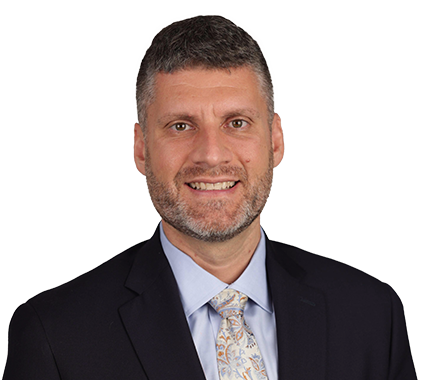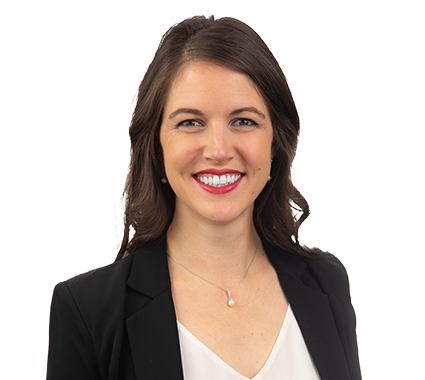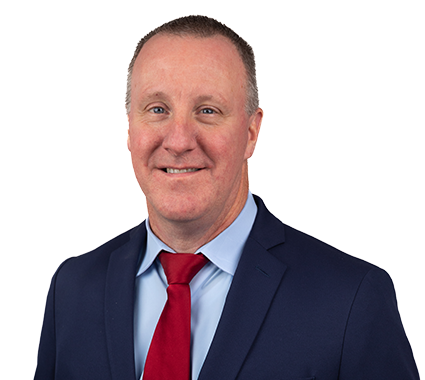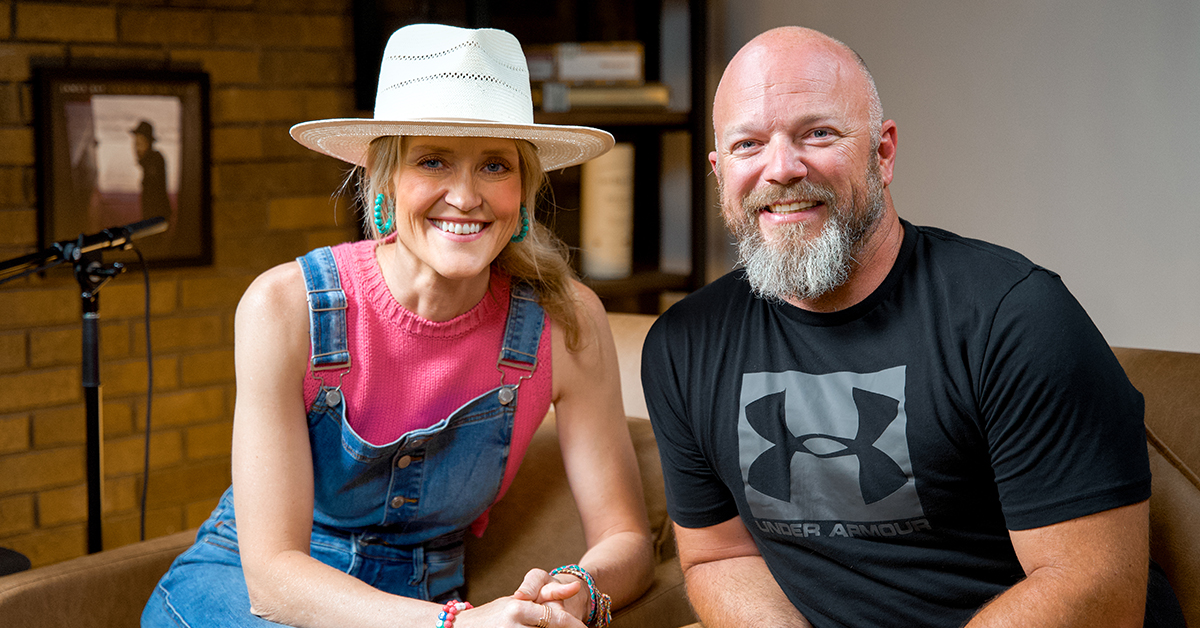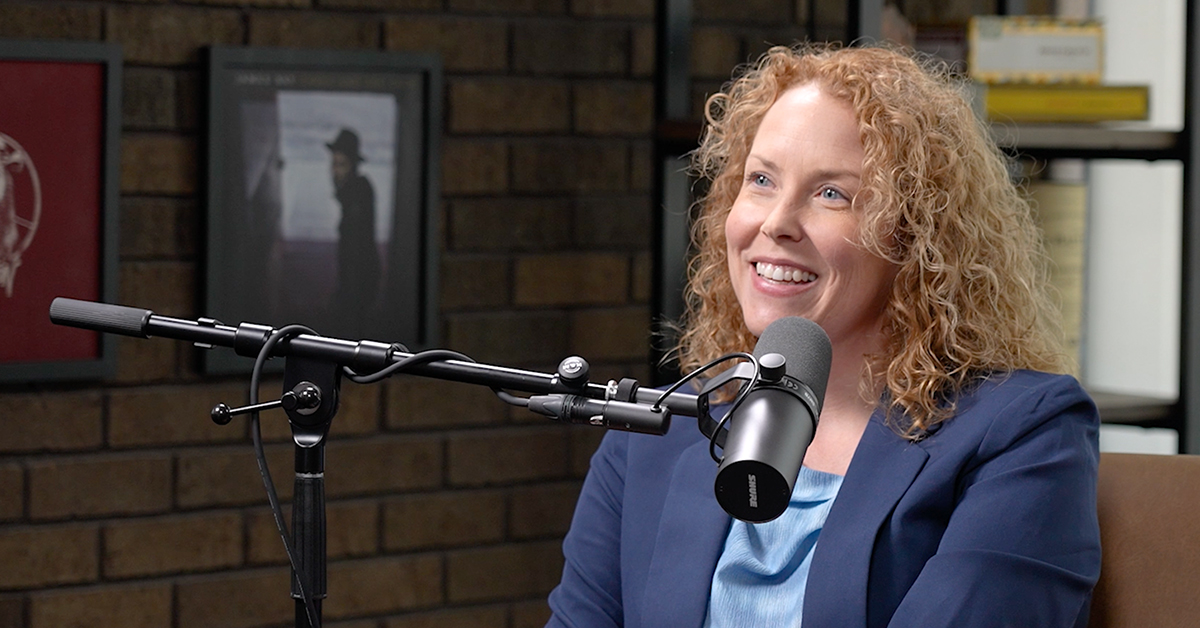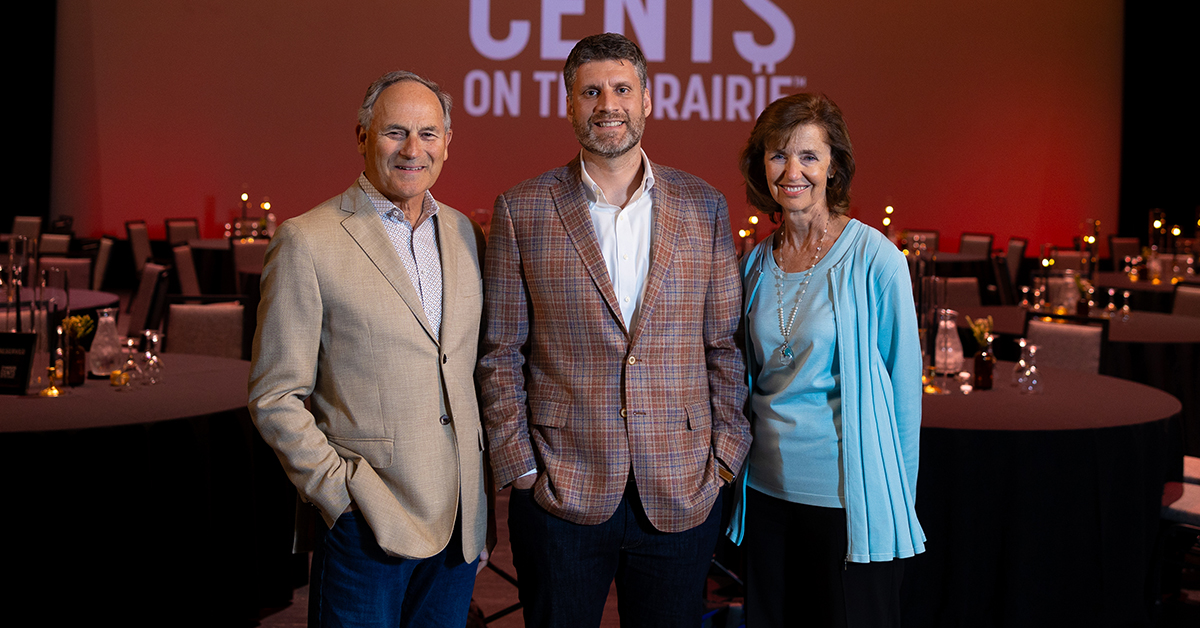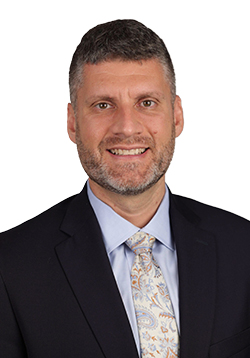
Most of what Erika and Tyler Tordsen know about money, they taught themselves. Now — with two careers, two kids, and two dogs — these college sweethearts are learning how to navigate life in the messy middle.
From paying down debt to passing down good financial habits to their kids, find out how they money on the latest episode of Common Cents on the Prairie™.
You can read a recap of their story below, watch the full episode on YouTube, or listen on your favorite podcast app!
Adam: Erika, were you born into great wealth?
Erika: I wish!
Adam: Not quite?
Erika: Not quite. Growing up, we dangled right above — and some months below — that poverty line. And the other piece of it was that we moved around a lot. It seemed like every six to 12 months it was someplace new. We were definitely in survival mode most of the time.
Adam: I remember you saying that you started working pretty young — about as early as you could. Why did you do that?
Erika: Right around my eighth-grade, ninth-grade year, I put my foot down, and I said, “I want to stay in South Dakota to finish out high school.” I was able to stay with my grandma; we lived in Wagner, South Dakota. I started getting involved in school. Sports. Activities.
Of course, all of those things come with fees, and you’ve got to buy a lot of different things for them. So, I started waiting tables at a local restaurant. From there on, I was able to pay for some of the things that I needed.
Adam: As you were starting to earn money, who taught you how to manage it?
Erika: I did. As those paychecks came in, I needed a place for them to go. So, I convinced my grandma to help me open a checking account. I think I put $5 in there; that was my opening balance. I got a debit card and check blanks, and I was able to pay for shoes or sports uniforms. It felt really good to be making money for myself.
Adam: Let’s talk about school for a minute. Was it common for people in your family or your friend circle to finish high school and go to college?
Erika: My friends, yes. My family, no. I’m a first-generation college student and one of two of my siblings to finish high school. But I started getting involved in school, and I think that’s what did it. I ran with a different circle than my siblings, and I was able to find resources to help me apply for college.
Adam: That’s awesome! And that’s where you met Tyler. So, Tyler, tell us about your background with money.
Tyler: For me, growing up was a low-income environment that towards the end of my high school career was probably more middle income. My dad started a small business, so it was a lot of six-day work weeks. No vacations. Paycheck to paycheck. But it was a hardworking household.
Adam: And you started working at an early age too, didn’t you?
Tyler: I think I was probably 11 or 12 when I walked to the local grocery store and asked about getting a job. I didn’t know about child labor laws. So, I had to hold off until I was 14. As soon as I turned 14 and got my instructor’s permit, I got a job — not to impress my parents, but because I wanted to.
Adam: You two met in college and started dating. When did you start talking about money, and how did that go?
Tyler: I’d say a little bit right away. Having tens of dollars in our checking account, we had to debate on whether we had money to go on a date or buy a pizza. And then, more so when we got engaged and were looking at wedding planning.
Erika: We didn’t have family help to pay for our wedding. So, we had to venture off and find our own resources and figure out how we were going to pay for it. I think that’s really what kicked it off.
Adam: It is really common for newly married couples to realize that they maybe are on different pages when it comes to money. It doesn’t sound like that happened to you. Why do you think that is?
Erika: Going back to not really having any positive money role models in our lives, we wanted to set our own tone for our life. I think that us talking about it and being on the same page was important, because we didn’t want to be like anybody else that we knew.
Tyler: And a lot of communication. A lot of transparency. We talked about everything pretty openly.
Adam: You’ve got a couple of young boys. You’ve got a couple of dogs. You’ve got a house. A mortgage. All these adult things. What are your short-term goals?
Erika: We for sure want to pay off our credit card debt. We like to splurge a little bit here and there, but we’re trying to get rid of that credit card debt and tackle it as best we can.
Adam: What about long-term goals?
Tyler: Pay off the car loans. Keep paying down on the mortgage to build that equity. Saving. The biggest thing is that we didn’t have a savings until a couple months ago. As young homeowners, we realized we didn’t have three months’ worth of income saved up, and that was a big wake-up call.
Adam: How long ago was that?
Tyler: That was probably three years ago. I had a friend who was telling me about his home improvement project, and he talked about having to redo his siding, and it cost ten grand. I’m like, “We don’t have ten grand in savings to do something like that.”
Adam: So, you two put yourselves through college. Now that you’re parents, how do you think about saving for your kids’ college?
Erika: By helping our kids be super knowledgeable about financial decisions and helping them get on track in that sense. We’d like to pay a little bit, but for the most part, we would like them to really take the lead on it — kind of like we did.
Tyler: We’ve learned so much along the way. Being able to pass on that financial education will give them a jumpstart. We want them to be financially conscious so when we’re encouraging them to apply for scholarships 15 years from now, they do it.
Adam: What has been your best money moment so far as a couple?
Tyler: Getting the keys to the house was a big one.
Erika: The maternity leave was really cool. I took eight weeks my first time. The second time, I was able to take the full 12. We were financially conscious about it, but we were able to do it without being totally strapped down.
Adam: This stuff isn’t easy to talk about, even just between couples in private. And yet, you’re sharing your story publicly. What made you decide to come on the show and share your story?
Erika: We need to be talking about this stuff openly. Growing up, we didn’t have those financial role models. And so, I would love to be a role model and a resource for those who grew up like I did. So many of them don’t break through that cycle, and then they just let the darkness consume them. If I could help in any way possible, then that’s a win for me.
Tyler: Same thing. Some people think it’s so out of reach, and it’s not. It’s just a matter of knowing where to look or knowing what to ask or knowing what to do — whether it’s self-taught, like we were, or asking people. We want to be able to help anybody navigate some of this stuff.
If you want help navigating the messy middle — or whatever life stage you’re in — send us a note. We’d love to have a conversation with you!

